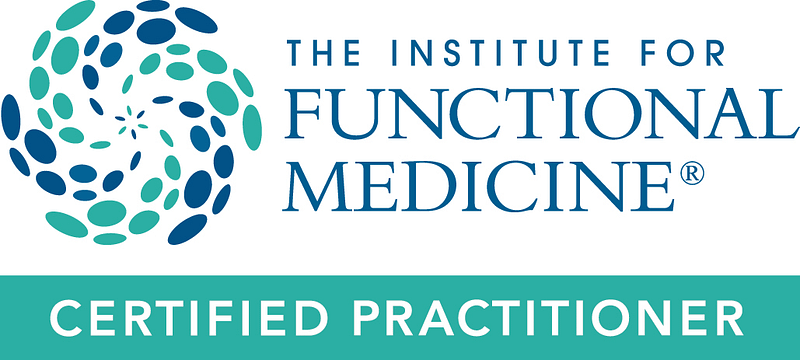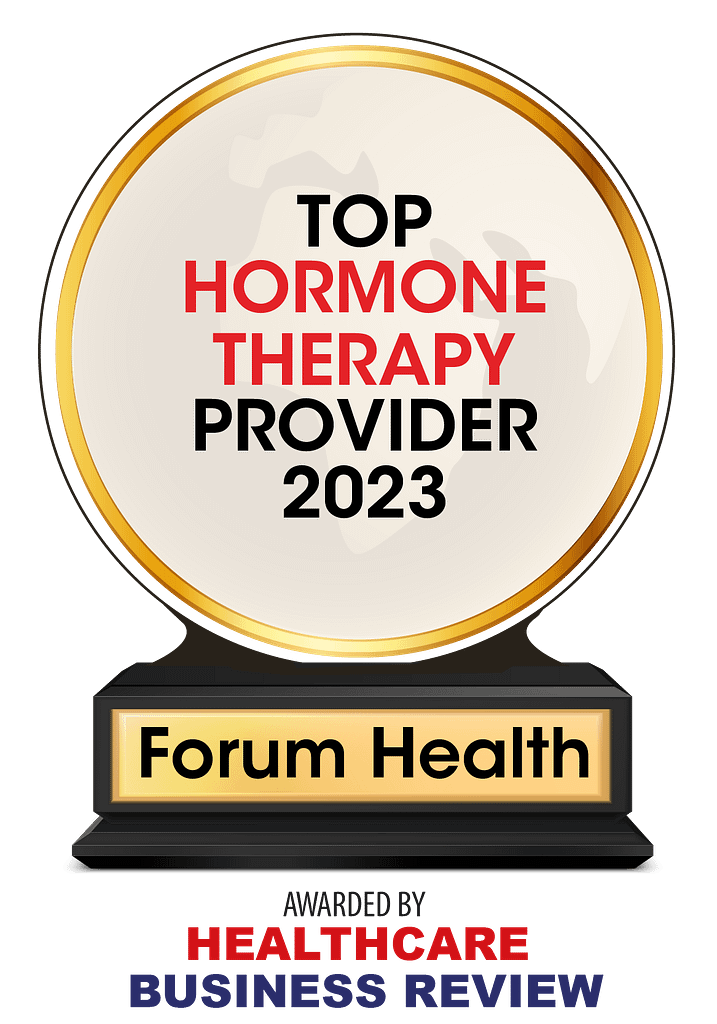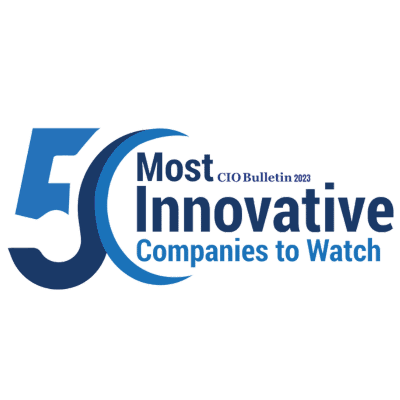Soy is recommended by healthcare providers for its ability to modulate the metabolism of estrogen in both sexes, and is commonly used in soy-based infant formulas.
Soy, once touted as a perfect, inexpensive protein source, has worked its way into the American diet in a big way and has done so with the blessings of many healthcare providers and nutritionists. Soy is now found in non-traditional, convenience foods such as bread, pasta, veggie burgers, soy milk, soy cheese, soy ice cream, roasted “nuts”, hot dogs, sausages, high protein energy bars, and powdered nutritional beverage mixes.
Advocates of eating soy products say that millions of Asians can’t be wrong, claiming Asians have eaten large amounts of soy for centuries. In Asia, soy is traditionally eaten in small amounts as a condiment in the forms of slowly fermented miso and tempeh. (The increased Asian consumption of fish is more likely related to their lower occurrence of heart disease and some cancers.)
When it comes to soy, the American tendency to believe that if a little is good, then more is better, could be putting the health of some soy consumers at risk.
So what’s the problem? Nutritionists are concerned about organic acids in soybeans called phytates blocking the absorption of calcium, magnesium, iron and zinc, and soy’s trypsin inhibitors blocking the absorption of protein. This reduced nutrient uptake is thought to be responsible for the short stature of the Asian population. Phytates and trypsin inhibitors are particularly high in non-fermented soy products, such as texturized vegetable protein (TVP) in soy burgers and convenience foods.
Soy is among the top six most allergenic foods (corn, egg, milk, soy, wheat and yeast) and, unless otherwise stated on the label, soy can be assumed to be genetically modified (GMO). Genetically modified soy results in sterility when fed to Monarch butterflies. Because humans have longer life spans than butterflies, the effects of GMO soy on people are difficult to study and are thus unknown at this time.
More studies are needed to define the impact of a diet excessively rich in convenience soy foods. In the meantime, we advise eating organic, non-GMO soy such as miso, tempeh, traditional tofu, and natto in moderation to both prevent nutrient deficiencies from phytates and trypsin inhibitors and to prevent unwanted estrogen modulation. We don’t recommend the use of soy-based infant formulas due to the unknown effect of estrogen modulation on infants.














